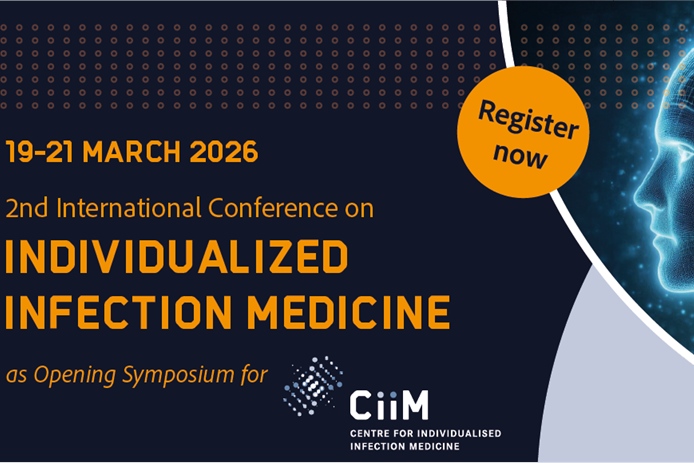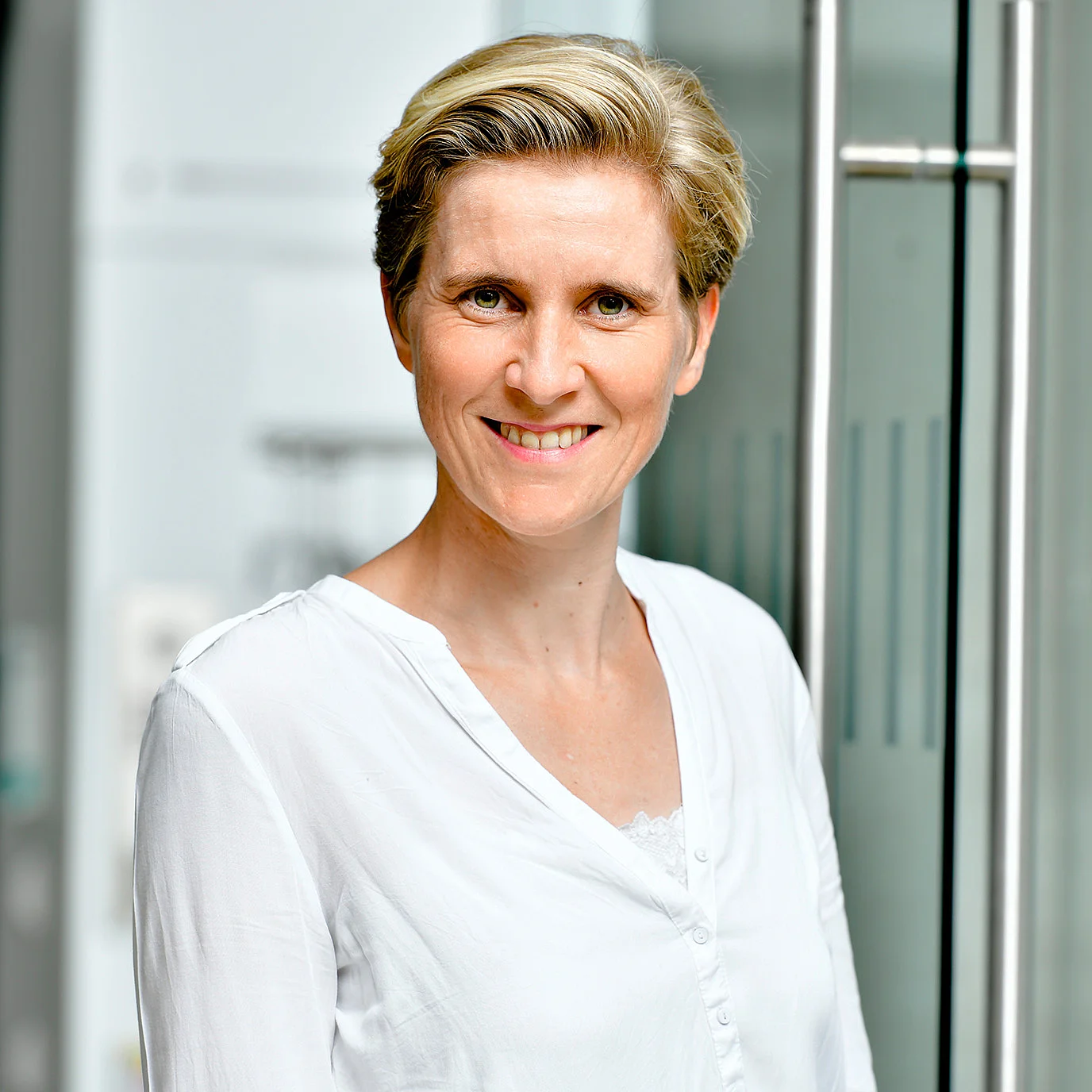Infectious diseases remain a major global threat and development as well as application of therapies with maximum efficacy and minimum toxicity continue to be a fundamental challenge. Thus, new and innovative approaches to optimize clinical care for patients suffering from or being threatened by infectious diseases are of increasing importance. Considering the growing impact of individualized medicine, we believe the time has come to discuss how individualization may find its way into care of patients with infectious diseases.
The 2nd International Conference on Individualized Infection Medicine as Opening Symposium for CiiM will convene distinguished experts and researchers from across the globe to advance the discussion on individualized approaches in the prevention, diagnosis, and treatment of infectious diseases. The meeting will provide a platform for high-level scientific exchange and foster interdisciplinary collaboration at the interface of immunology, infectious diseases, and precision medicine.
Where: Xplanatorium, Schloss Herrenhausen, Herrenhäuser Straße 5, 30419 Hannover, Germany
Confirmed Speakers
- Yang Li, Hannover, Germany
- Markus Cornberg, Hannover, Germany
- Georg Schütte, Hannover, Germany
- Mihai Netea, Nijmegen, Netherlands
- Ramnik Xavier, Boston, USA
- Annapurna Vyakarnam, London, UK
- Lluis Quintana-Murci, Paris, France
- Leif Sander, Berlin, Germany
- Bali Pulendran, Palo Alto, USA
- Sabra L. Klein, Baltimore, USA
- Christine Stabell Benn, Copenhagen, Denmark
- Mala Maini, London, UK
- Evangelos J. Giamarellos-Bourboulis, Athen, Greece
- Dirk Busch, Munich, Germany
- Triantafyllos Chavakis, Dresden, Germany
- Ulrike Protzer, Munich, Germany
- Davide Corte, Bellinzona, Switzerland
Program
The meeting will convene distinguished experts and researchers from across the globe to advance the discussion on individualized approaches in infection medicine. Participants can look forward to a highly inspiring program featuring sessions on topics such as:
- Understanding the heterogeneity of immune responses in health
- Ancestry effects on immune responses and susceptibility
- Variation in human responses to vaccination
- Heterogeneity of immune responses to infection
- Individualized immune therapy in infection
Registration and abstract submission
Registration and abstract submission are now open. Due to limited capacity, early registration is strongly recommended. Once the maximum number of participants is reached, a waiting list will be established.
- Register here | Deadline: 28 February 2026
We warmly welcome abstract submissions for poster presentations or talks.
Please structure your abstract according to standard scientific conventions: Introduction, Methods and Materials, Results, Discussion, and Outlook. Submissions should be clear, concise, and focused on the essential findings. The maximum length is 300 words (approx. 2,000 characters).
- Abstract submission | Deadline: 18 January 2026
Further Information
Further information can be found here.


